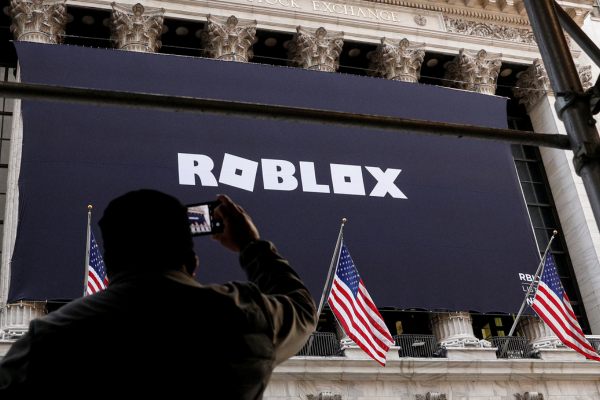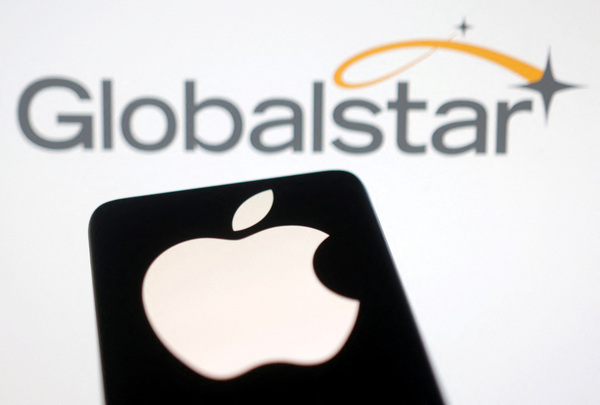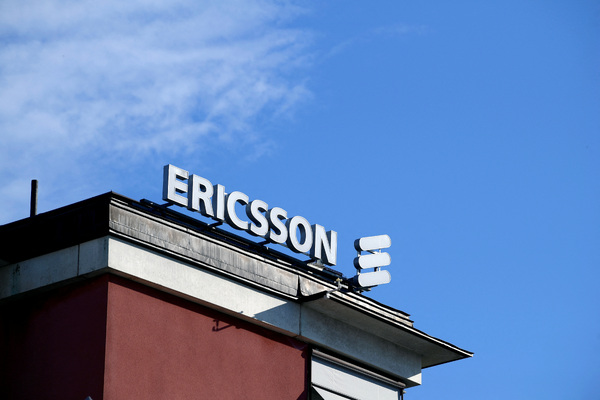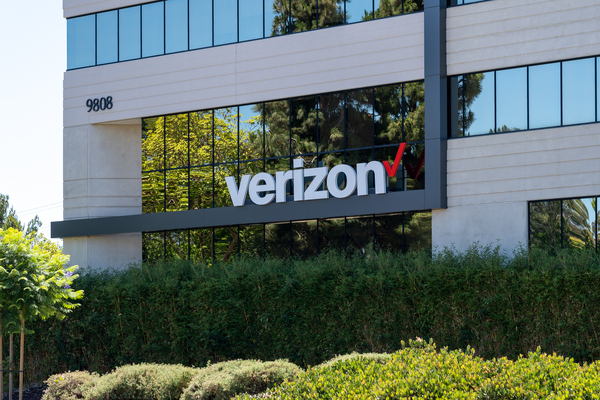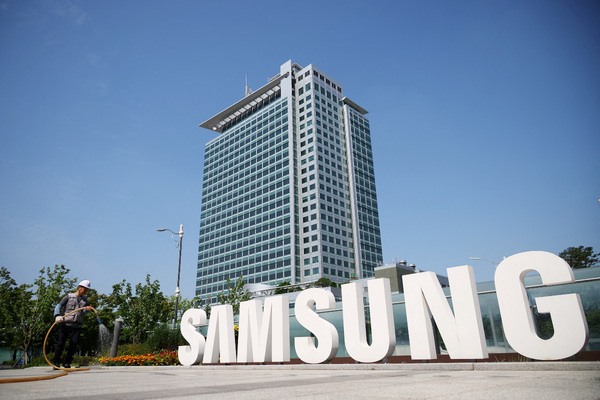Driving the future of work
Sponsored by TechXLR8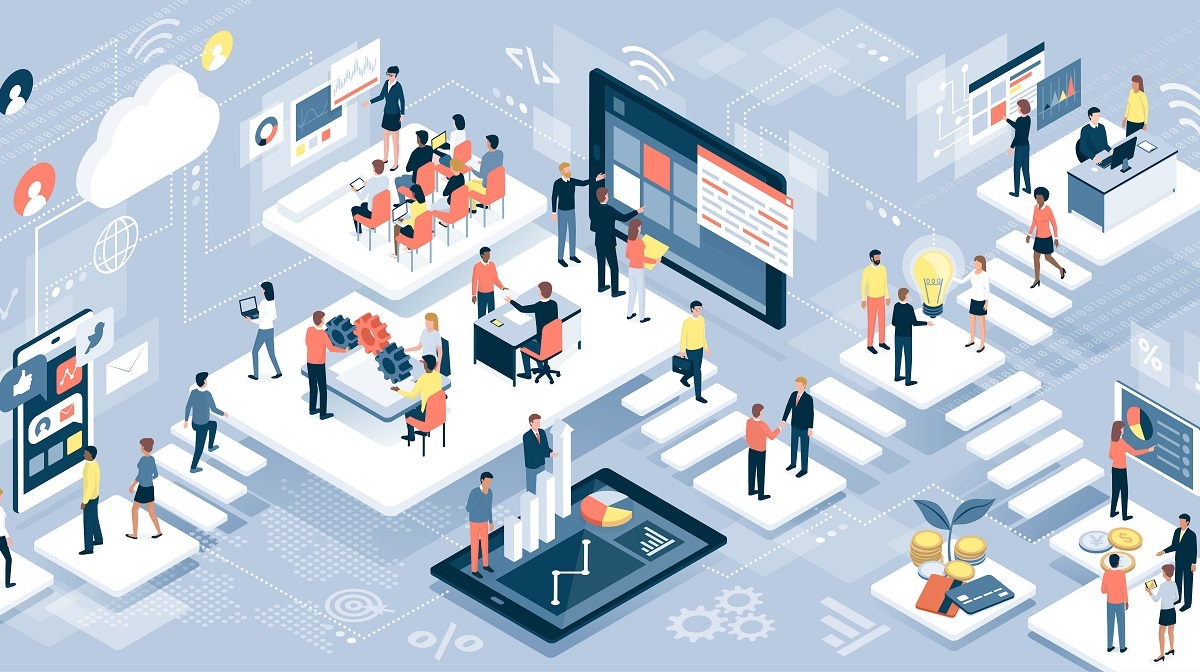
According to the World Economic Forum, 65 per cent of children entering primary school will go on to hold jobs that currently do not exist. The future of how we will work and interact with the workplace is set to be diverse, flexible, technology-led and increasingly automated.
But who really owns the future of work and who is responsible for creating change in the workplace? The London Tech Week and TechXLR8 Digital Series sat down with Laura Wilkinson (Head of People, Verv), Melissa Sabella (CEO, The Honeycomb Works), Kelly Hartman (Chief People Officer), Patrick Caldwell (Head of People, Fund Apps) and Sharon O’Dea (Co-Founder, Lithos) to discuss the future of the work and empowering lasting change in the workplace.
Exploring the meaning of the future of work, workplace loyalty and where the responsibility lies to revolutionise our work lives, here’s a snippet from the London Tech Week and TechXLR8 Digital Series webinar (the full version of which can be accessed on-demand here).
Sharon O’Dea: To set the scene today, it would be great if each of you maybe could talk to the future of work. It seems to be a big buzzword at the minute. What do we really mean? What does that umbrella term cover?
Patrick Caldwell: I would probably argue it’s not even the future of work anymore – it’s already here.
Sharon O’Dea: Absolutely. Was it William Gibson who said, “The future is already here. It’s not evenly distributed yet”? And that’s certainly what I’m getting when I talk to clients.
Kelly Hartman: I’m [of] a very similar thought process to Patrick. I don’t believe in the future of work, I believe it’s already here and it’s hitting us now, and I think it really is about being inclusive, to me – to understanding everybody’s different work styles, different needs and accommodating those.
Sharon O’Dea: It’s certainly technology which is making it much easier to connect, regardless of time and distance. What else do we mean by the future of work?
Laura Wilkinson: I think it’s a really interesting one when you look at previous generations. There was a different kind of loyalty [in the workplace]. My dad worked for the police, and he did exactly the same job for 30 years, whereas the idea of that for someone who’s my age (I’m 30)… I think that’s almost terrifying. You can’t comprehend that you work in one place doing the same thing for that long. So I think it’s about really focusing for a business on we know there’s a huge amount of change constantly going on, and we’ve all mentioned technology here, and how important that is, and just really asking your people, “Okay, what do you want to get?”
Laura Wilkinson: Obviously there’s always going to be the business objective going on in the background, but it’s also [about] saying, “Okay, well how can I develop you?” You get those people who are really loyal in [that] they love that they can come to work and love what they do, and also know that they’re going to be able to develop there. It’s interesting watching younger generations come through now and go, “Well, the future is they’re going to be adaptable, they’re going to be here, there and everywhere.” You’ve got the YouTube generation who just know they can do it from wherever they are.
Sharon O’Dea: That’s certainly a flexibility angle there, and something about the changing relationship between employer and employee that isn’t characterised by loyalty any more, but around purpose, I suppose.
Laura Wilkinson: I think there’s loyalty to a degree obviously, but it’s more to do with what else there’s going to be coming from that.
Melissa Sabella: I look at the future of work perhaps a little bit differently. I see it as something that will never happen, as opposed to [something that’s] already here, because you never quite reach the future. To me, it’s more about a mindset of what do we want, how do we want to evolve work, and making the effort to take advantage of new technologies, but also what we’re learning more about social ecosystems, the brain, how people work together, all of that, and also just making sure that, as we are improving flexibility, and we’re adding all of these great things to the future of work. To get back to that point about evenly distributed, that it is evenly distributed, and to Kelly’s point, that it is properly inclusive. And to Laura’s point, it’s really just making sure that we are constantly checking and working with people to make sure that we’re going in the right direction, because I think we make a lot of assumptions on things that are good, and will be good for everybody, but we need a lot more flexibility.
Sharon O’Dea: Who would you say is responsible for driving the future of work?
Laura Wilkinson: I think generally, as much as it’s not just technology, I think there’s a huge part of the younger generations coming through and knowing that they can access things a lot easier. Leadership happens a lot younger now. You look at previous generations, and the idea of being a CEO in your late twenties, early thirties, was absolutely redundant. That was never going to happen, because you had to put the hours and had to put the years of experience in. But given that we have start-ups popping up and people who are much more entrepreneurial these days in some elements, I think you don’t have to wait your whole life to become a leader. So I think that pushes people to go, “Well, I’m really ambitious; let me get to the top of the tree at a much younger age.”
Sharon O’Dea: So individuals to a large extent are driving that future of work along with technology.
Laura Wilkinson: Yes, I think it’s more of a cultural shift in [that] nothing is unobtainable. So I don’t think it depends on your background or anything like that anymore. It’s much more, “Well, if you’ve got the drive […] to do it..." It’s not just for a certain demographic any more. I think it’s just a whole cultural shift to “You can achieve that.”
Sharon O’Dea: Absolutely, although I think we’ll always need to be wary of how these technologies can deepen inequality as well as improve the diversity across our industry and so on.
Melissa Sabella: I think that the technology industry, especially HR tech, people analytics, learning and development technology, I think have a pretty big responsibility here, and I think that the danger is a lot of the technology companies are pulling from consumer-based products, and prioritising things like engagement, data visibility, and not looking at the risks to employees in all that. So I think that people tech, employee tech, is one of those areas that needs to build more ethics into the heart, and has a major responsibility to ask, not just if they can do things, but if they should. And being careful about what data they’re sharing, how they are, and if they are, prioritising engagement time within their technologies, whether that’s actually helping people at work improve their work, and also improving their mental state, or whether it’s actually hurting them. So what is the impact of those technology interventions?
To hear the full Future of Work webinar, access the on-demand free here now. Find out more about the Digital Series of live and on-demand webinars, downloadable resources and executive thought-leadership interviews here.

Business Reporter Team
Most Viewed
Winston House, 3rd Floor, Units 306-309, 2-4 Dollis Park, London, N3 1HF
23-29 Hendon Lane, London, N3 1RT
020 8349 4363
© 2025, Lyonsdown Limited. Business Reporter® is a registered trademark of Lyonsdown Ltd. VAT registration number: 830519543
